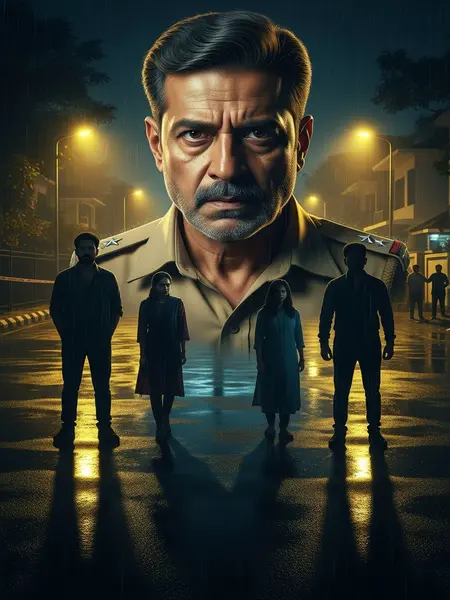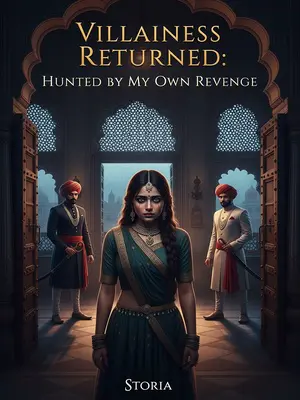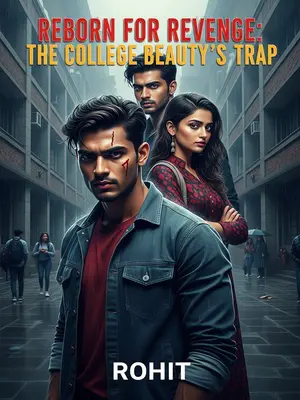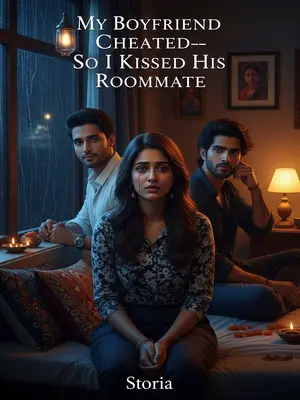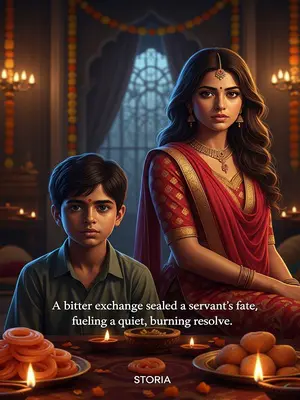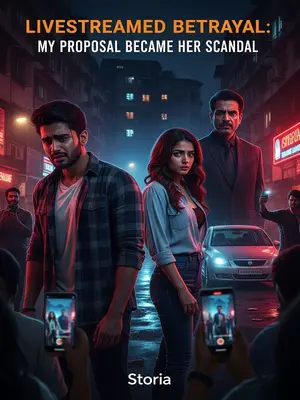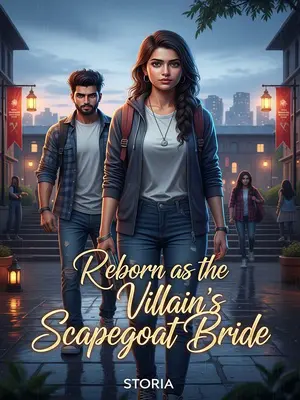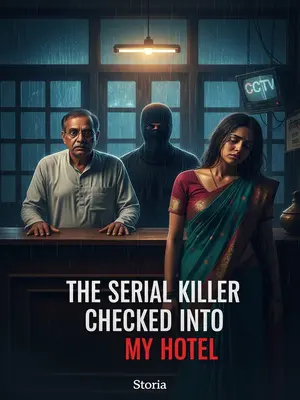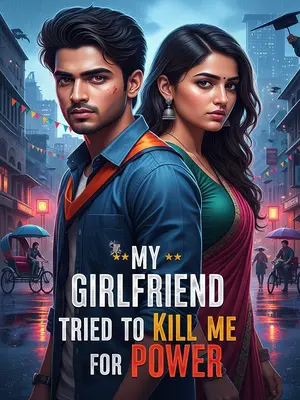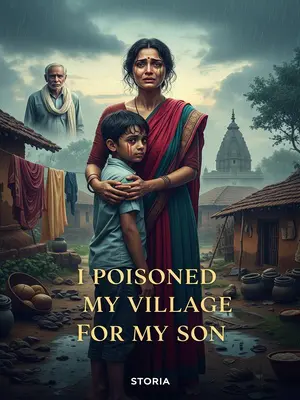Chapter 4: Dead Ends
We contacted Rajpur police and dug up Ritu’s case. In 2005, on 1st July, Ritu drowned in a river near her school. The scene and post-mortem said accident.
The files were yellowed, written in neat Marathi script, with water stains at the edges—as if someone had once cried over them.
“Investigative methods in 2005 weren’t what they are now. Maybe something suspicious slipped through.”
I tapped the report. “Back then, CCTV was rare, and not every witness was questioned. Maybe there’s more to Ritu’s story.”
Amit shook his head. “It’s too long ago. That case is closed. In July 2005, Dr. Mehra and Ananya were abroad. Their families had no connection to the Vermas.”
He was right. We checked flight records, hotel bills—Dr. Mehra and his wife were at a medical conference in Singapore then.
So what was Kunal’s motive?
The case slipped further away, like sand through our fingers.
If it was revenge, Kunal’s parents died of illness in Kaveripur, nothing to do with the Mehtras.
Their medical records were clean. No sign the Mehtras ever treated them or even knew they existed.
After the murder, Kunal took valuables and cash from the Mehra home. But his parents left him an inheritance—he wasn’t short of money.
His bank account showed a modest balance, steady transactions, no sign of desperation.
Lust was even less likely. Ananya was over forty, and Kunal wasn’t poor or unattractive—he could easily find a girlfriend.
We checked his phone—no flirty messages, no secret calls, just boring reminders and bank OTPs.
Not for money, not for revenge, not for lust, not random.
Amit leaned back, massaging his temples. “Sab kuch ulta ho gaya, yaar.”
If he hadn’t saved Priya and left a witness, we’d never have caught him. It would have been the perfect crime.
Amit said what we both thought: “Agar Priya nahi hoti, toh Kunal kabhi pakda nahi jaata.”
Amit had a flash of inspiration: “Maybe he wanted headlines. Remember that case three years ago? The killer confessed, then retracted in court.”
He snapped his fingers, eyes bright. “Arrey, woh—media ka hungama. Maybe Kunal wanted fame!”
I nodded. “I remember. The DCP gave us an earful after that.”
That case haunted us—endless press conferences, angry relatives, sleepless nights. But Kunal didn’t fit the mould.
Kunal wasn’t like that.
I looked at his calm, almost serene face in the holding cell. No pride, no hunger for attention—just emptiness.
Amit spread his hands. “That’s it. We’ll know more at trial.”
We sat in silence for a long time. Sometimes, a case refuses to reveal its secrets, no matter how much you prod and plead.
On 20th November, at the first trial, Kunal was sentenced to death. He didn’t retract his confession or appeal.
The judge’s gavel fell like the end of a prayer bell. Kunal stood, neither proud nor broken—just waiting, as if this was always meant to be.
The case seemed closed.
The city moved on. News vans left, headlines changed, and Ganpati idols were immersed in the river with great fanfare. But for us, the itch remained.
